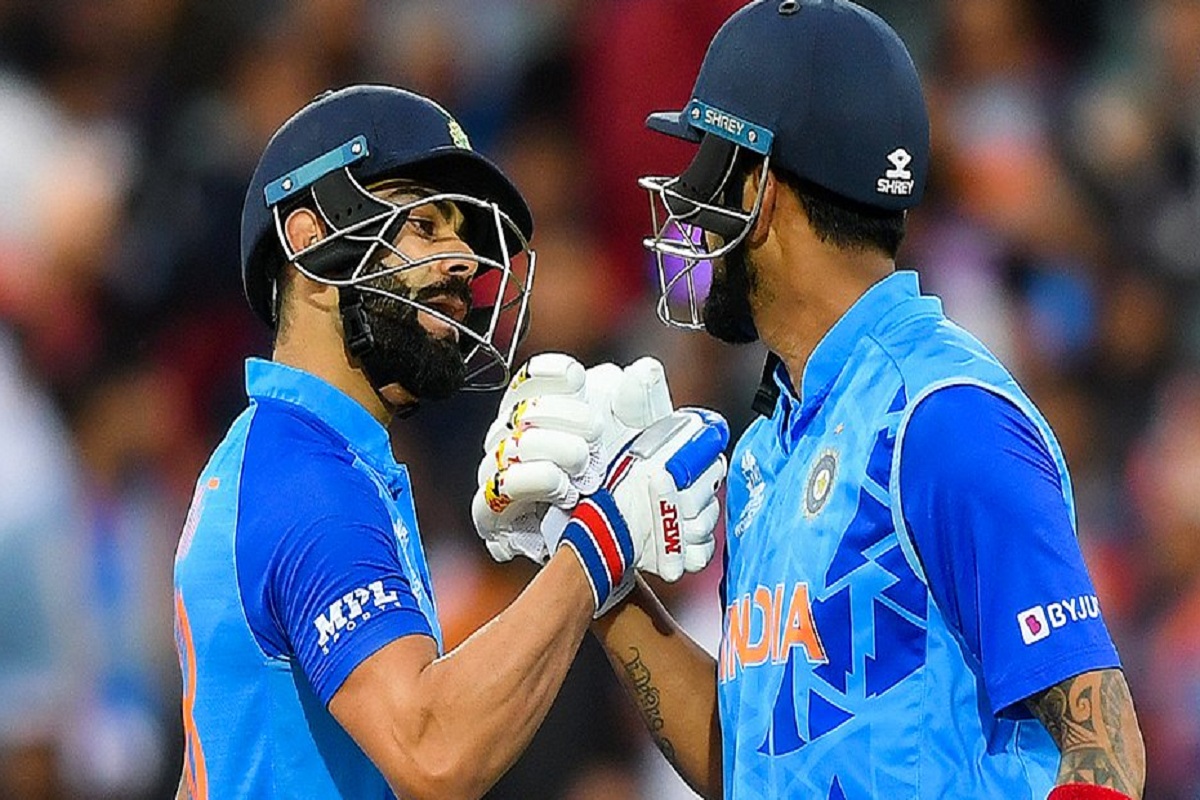In the beginning, was the en masse dismissal of the senior national cricket selectors in the wake of the semi-final crash in the Twenty20 World Cup in Australia. It meant that those who had chosen the teams that also lost the World Test Championship final and stopped short of last year’s T20 World Cup’s round of the last four were so much sawdust. Then one of them said, anonymously, that given how the Board of Control for Cricket in India poked its nose into selections, the team hardly ever stood a half-decent chance of doing well.
BCCI insiders, not to be out-argued, riposted, again off the record, that there had been those among the august personages who were always quite willing to be putty in officials’ hands. The informants were among those who, when Sourav Ganguly, too clever by half, was given his marching orders from the board, forecast chief selector Chetan Sharma’s impending exit.
Advertisement
There have been board presidents who never bullied or harangued or winked meaningfully at selectors while others have made their presence felt unmistakable, making it clear that they would endorse only the team which the board thought would be all right.
We have, for instance, had Wriddhiman Saha tell us that Ganguly had promised him an uninterrupted run as a squad member so long as the presidential chair was his. That Saha found himself cast off showed Ganguly, probably unbeknownst to himself, had been cast off long before Roger Binny supplanted him. A wise quintet of India once had proposed a change in on-field leadership only for the board president to put his foot down, bellowing a firm no.
Nothing could be done about it so they, discretion being the better part of valour, clammed up. There will now be a new team of men who pick the Men in Blue, perhaps tasked with finding three separate units with as many captains, implying a heavier load of work than before.
It is about Vision 2024, the year of the next T20 World Cup.
Received wisdom suggests that it will, regardless of who makes it up, would do well not to get above itself in any way, considering the board is well above answering any questions. Some of Indian cricket’s currently intractable problems ~ fixture congestion, leading to injuries, fatigue and psychological pressure ~ originate in administrative decisions taken by powerful people whose chief concern is the bottom line.
It is not as if the others are unaffected. England lost a OneDay Internationals series recently to Australia after winning the World Cup and Jos Buttler – probably justly ~ blamed it on being put through the wringer by the schedule. There was no social upheaval. In India, such equanimity simply does not exist. Losing a game comes close to being a serious moral lapse. Hysteria drives realism out. That could be why we foozle it.
